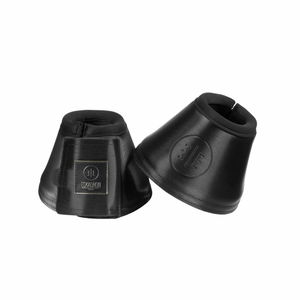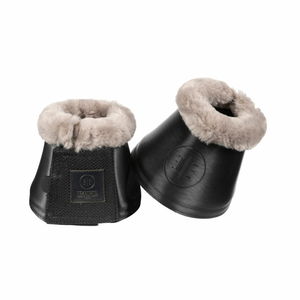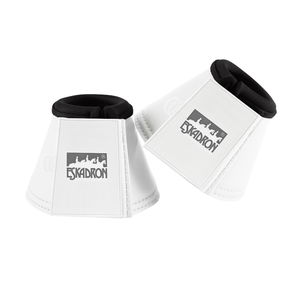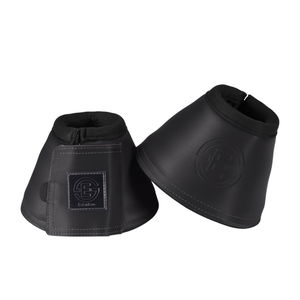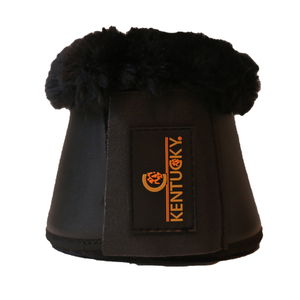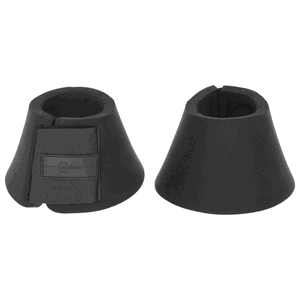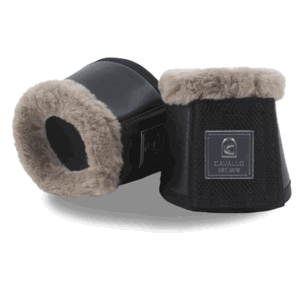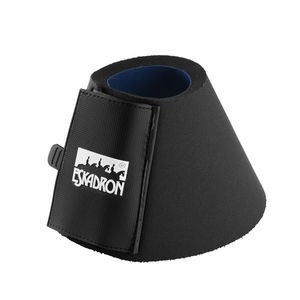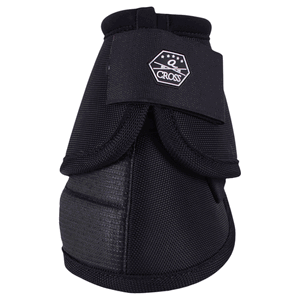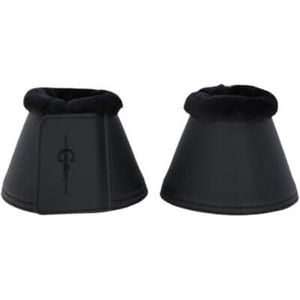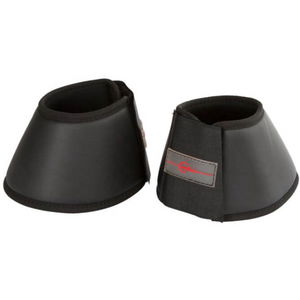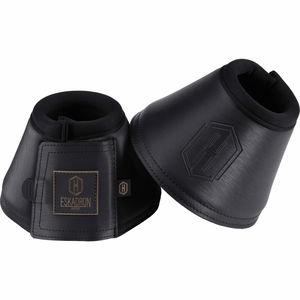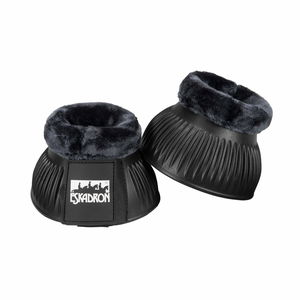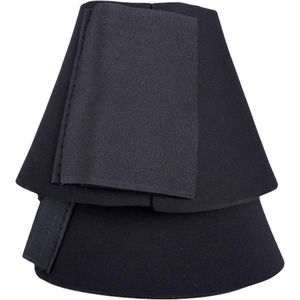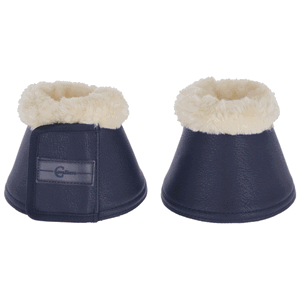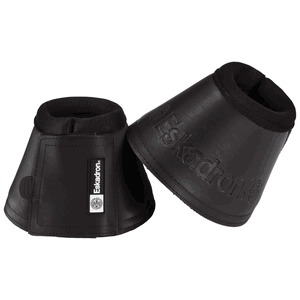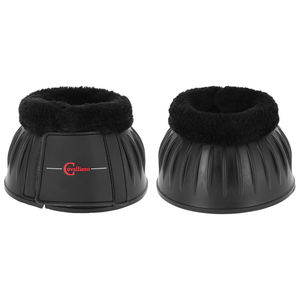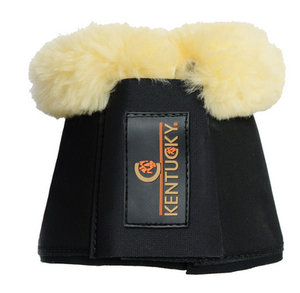Bell Boots
(164)Frequently asked questions about Bell Boots
Bell boots are used to protect the bulb of the heel and the coronet. They are especially useful for horses that step very far underneath and thus strike themselves. Young horses that are still easily off balance also repeatedly kick themselves in the forehand with their hind hooves. This can cause serious injuries to the bulb of the heel, especially if the horse is shod. Bell boots also protect against stepping off the horseshoes because the hind hoof will not land on the edge of the front horseshoe. The risk of injury to the bulb of the heel or the coronet also exists in show jumping, eventing, polo and on the pasture. Therefore, protecting the horse with bell boots in these situations may be useful.
If your horse needs bell boots on the pasture, you should make sure that they not only protect sufficiently, but also provide a high wearing comfort. To avoid chafing at the coronet, it is important that there are no sharp seams and that the hem is softly padded. Particularly well suited for this are bell boots made of neoprene, with lambskin or teddy fleece. In addition, it makes sense to resort to a variant with double Velcro closure, because the bell boots must hold for a long time and without supervision. In any case, the material should be stable and robust so that the bell boots for the pasture last as long as possible.
The right size of the hoof bells depends on how big the horse's hoof is. In general, keep in mind that the bell boots should not rub or twist too much when the horse is moving. You can see if they fit properly by the fact that they are neither too tight nor too loose. There must be enough space between the pastern and the bell boots so that it is not obstructed. The bell boots should not create pressure or chafing and should not rotate during movement. Also, the bell boots fit properly when the rim ends a finger's width above the ground. Some models have a built-in cam or bulge, which must sit centrally on the bulb of the heel. These variants have the advantage that they usually do not twist.
Bell boots mostly come in the usual units of measurement: Pony (S), Cob (M), Full (L) and XFull (XL). You can use this as a rough guide to classify your horse. The easiest way to find out which size fits your horse best is to try it out. The sizes always vary a little from manufacturer to manufacturer, which is why you may need different bell boots sizes for the same horse.

